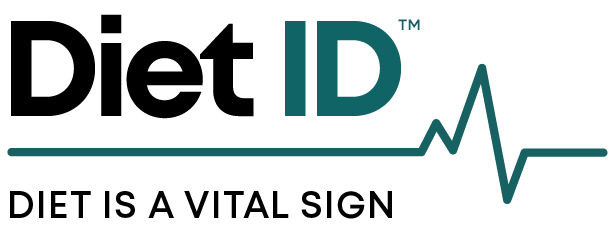You’ve probably heard about chronic inflammation and its role in overall health and wellness. The bad news is that inflammation is something you can’t feel, and can do a lot of damage over time. The good news is that lifestyle habits can alleviate inflammation and actually reverse the damage related to this process. Read on to learn how to get inflammation under control and reduce your risk of diseases like stroke, heart attack, and hypertension.
What is inflammation?
Inflammation is part of the body's natural response to protect itself against harm. There are two types: acute and chronic. The acute type occurs when you have an injury or infection. This reaction rids the body of harmful intruders and repairs damaged cells. Chronic inflammation, on the other hand, can develop as a response to long-term exposure to unwanted substances in the body. Science has proven that chronic, low-grade inflammation can turn into a silent killer that contributes to cardiovascular disease, cancer, type 2 diabetes, and other conditions. Doctors are learning that one of the best ways to reduce inflammation lies not in the medicine cabinet, but in the fridge and pantry. By minimizing damaging pro-inflammatory foods and maximizing anti-inflammatory foods, we can make a huge difference in long-term health and longevity.
Foods That Can Cause Inflammation
Try to avoid or limit these foods as much as possible:
Refined carbohydrates, such as white bread, pastries, refined grain breakfast cereals, cookies, donuts, cakes, chips, etc.
Full-fat dairy products, particularly cheese
Fried foods such as french fries
Sugar-sweetened beverages such as soda and coffee or tea drinks with added sugars and syrups
Red meat (burgers, steaks) and processed meat (hot dogs, sausage, cold cuts, bacon)
Excess alcohol
Butter, margarine, and shortening.
Anti-inflammatory Foods
Base your diet on these foods:
Green leafy vegetables, such as spinach, kale, and collards
Cruciferous vegetables such as broccoli and cauliflower
Brightly colored fruits and vegetables like tomatoes, grapes, and bell peppers
Nuts like almonds and walnuts, and seeds like sesame and sunflower
Fatty fish like salmon, mackerel, tuna, and sardines
Fruits such as strawberries, blueberries, blackberries, cherries, and oranges
Avocados
Lentils and beans
Making healthy changes to your whole lifestyle is another part of reducing inflammation. Along with basing your diet on whole, nutrient-dense foods, also prioritize:
Managing stress
Avoiding smoking
Limiting alcohol intake
Exercising regularly
Getting sufficient sleep
Check out our downloadable infographic on anti-inflammatory and pro-inflammatory foods!




